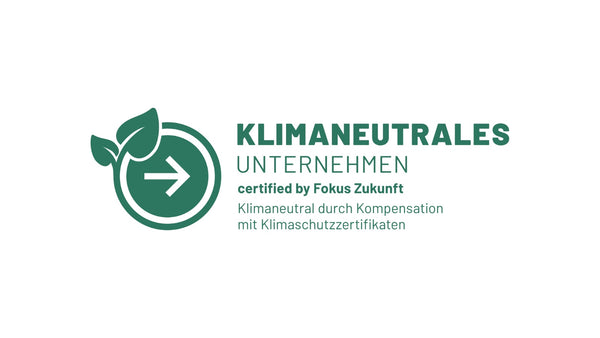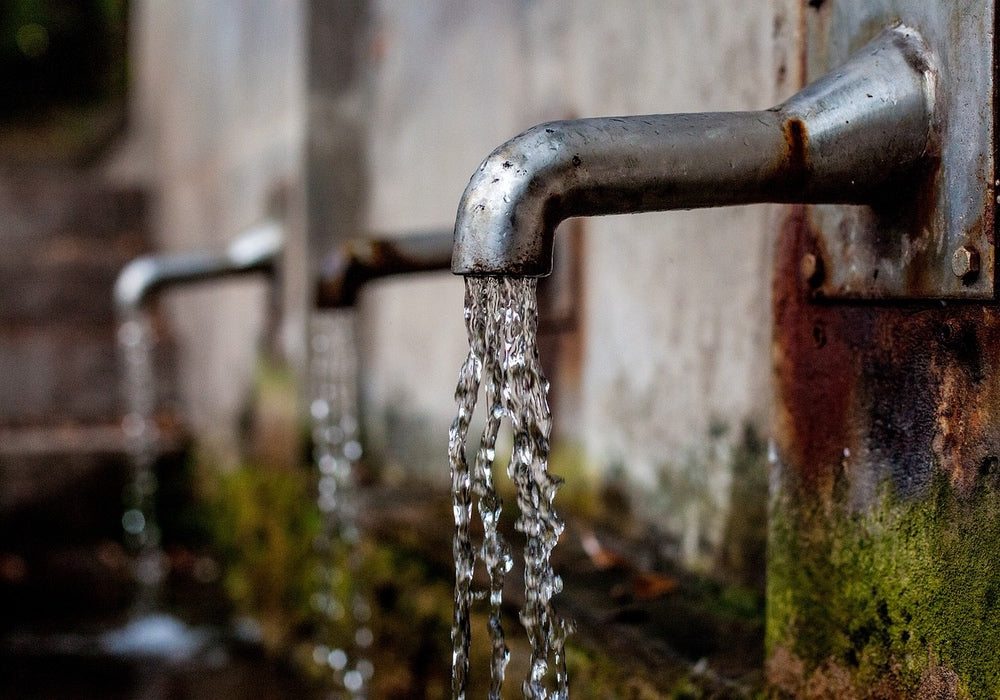Climate protection and sustainability have long been a topic at Saint Charles, as you can read in this article. In 2023, the Saint Charles Apothecary team, with all its units, made a commitment to actively contribute to climate neutrality and can now proudly call itself a climate-neutral company. Read more in this article.
Saint Charles Apothecary awarded
To offset the greenhouse gas emissions of Saint Charles Apothecary and all its units, a total of 100 climate protection certificates from two heart projects were selected for the period 01.01.2023 - 31.12.2023: the Rwanda well project and the hydroelectric power plant in Indonesia. The offsetting was based on the previously conducted greenhouse gas balancing for the reporting year 2022, taking into account the main emission categories. We can therefore call ourselves a climate-neutral company certified by Fokus Zukunft in 2023.

Clean Drinking Water Project in Africa: Nyagatare Safe Water Project Rwanda
This programme saves 8,768 tonnes of Co2 per year. This micro-project activity aims to provide clean water to hundreds of households in Rwanda through boreholes. By providing clean water, the project will ensure that households use less firewood in the water treatment process, which will lead to a reduction in carbon dioxide (CO2) emissions from the combustion process.
The use of germ-free water will reduce preventable diseases and causes of death. It is estimated that the project activity can reduce waterborne diseases by 50%. It is also expected that 1,964 people will have access to safe drinking water per project activity.
Asahan hydropower plant Indonesia
This programme will save 1,021,075 tonnes of Co2 per year. This project is a run-of-river power plant project in the province of North Sumatera in Indonesia. The existing flow of the Asahan River is used to generate electricity. As it is a run-of-river power plant, the project does not require the construction of a large dam or reservoir. The project aims to supply emission-free energy to the Sumatera grid.
The project diversifies the sources of power generation and thus improves the security of supply, which is important for meeting the growing demand for energy and moving away from power generation from diesel and coal. Jobs have been created, of which about 70 % are local people out of a total of at least 600 unskilled workers, while about 30 local people are employed for the operation phase. The operation of the project also reduces dependence on the use of fossil fuels in the energy sector and thus improves air quality.
In the future, we want to find more and more ways to reduce our Co2 footprint. You too can contribute to the reduction of greenhouse gases and find out more about the activities of Fokus Zukunft here.







